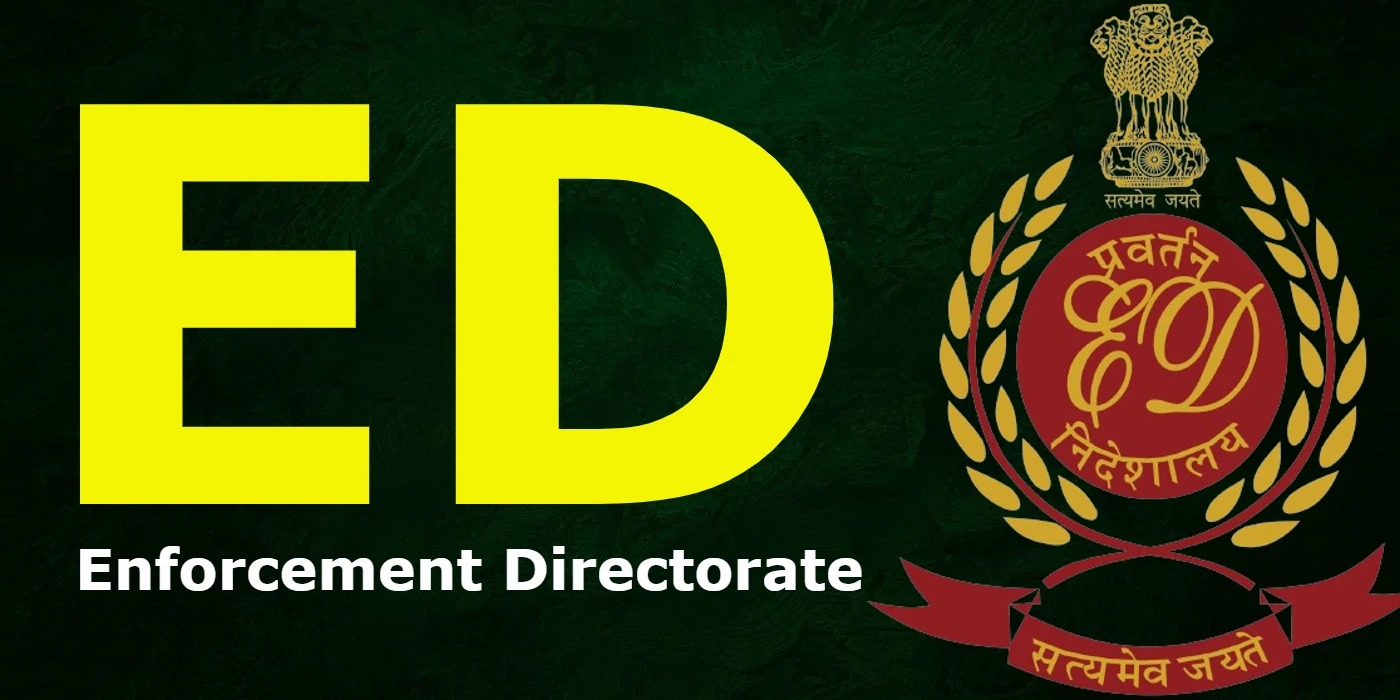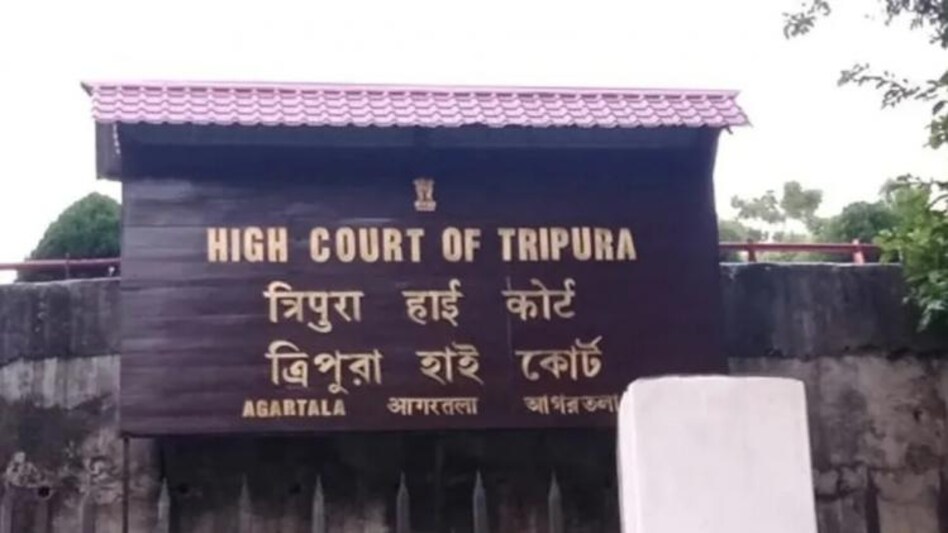Pritinker Diwaker, J
1. Heard on I.A.No.01/2018, application seeking condonation of delay in filing the present petition.
2. For the reasons mentioned in the application, the same is allowed and delay in filing the petition is condoned.
3. Also heard on admission.
4. The present petition has been filed by the State seeking leave to appeal under Section 378 (3) of the code of Criminal Procedure, 1973 assailing the
judgment and order dated 25.11.2017 passed by Additional Sessions Judge, Khairagarh (C.G.) in Sessions Trial No.01/2014 acquitting the
accused/respondents of the charge under Section 489 (B) and (C) read with section 34 of IPC.
5. As per the prosecution case, on 10.03.2013 the accused/respondents had gone to the liquor shop of one Vijay Gupta and gave one fake currency
note of Rs.500/- denomination for purchasing liquor. On the report lodged by complainant, the case was registered against accused/respondents under
Section 489 (C)/34 IPC and expert report from Currency Note Press, Nasik was also called wherein the said note was found to be counterfeit. After
filing of the charge sheet, the trial Judge has framed the charge under Section 489 (B) (C) read with section 34 IPC against the accused/respondents.
6. So as to hold the accused/respondents guilty, the prosecution has examined 03 witnesses. Statements of the accused/respondents were also
recorded under Section 313 of Cr.P.C. in which they denied the circumstances appearing against them in the prosecution case, pleaded innocence and
false implication.
7. The trial Court after hearing counsel for the respective parties and considering the material available on record has acquitted the
accused/respondents as mentioned in para-1 of this judgment. Hence, this petition for leave to appeal.
8. Counsel for the State submits that the trial Court has erred in law in acquitting the accused/respondents even when there is ample evidence against
them.
9. We have heard learned counsel for the parties and perused the material available on record.
10. In the instant case, all the three important witnesses namely Chaita Ram (PW/1), Samaru (PW/2) and Shyama (PW/3) have not supported the
prosecution case and turned hostile. It is thus apparent that the prosecution has utterly failed to adduce any evidence showing involvement of
accused/respondents in commission of offence. Considering the nature of evidence adduced by the prosecution, the trial Court has come to the
conclusion that no offence is made out against accused/respondents and they have been acquitted of the charges levelled against them. We find no
illegality in the order impugned acquitting the respondents particularly when there is a settled legal position that if on the basis of record two
conclusions can be arrived at, the one favouring the accused has to be preferred. Even otherwise, the prosecution thus has utterly failed in proving its
case beyond reasonable doubt and the trial Court has been fully justified in recording the finding of acquittal which is based on proper appreciation of
evidence available on record. Furthermore, in case of appeal against the acquittal the scope is very limited and interference can only be made if
finding recorded by the trial Court is highly perverse or arrived at by ignoring the relevant material and considering the irrelevant ones. In the present
case, no such circumstance is there warranting interference by this Court.
11. Accordingly, the CRMP preferred by the State/applicant is bereft of any substance and, therefore, the same is liable to be and is hereby dismissed
at the admission stage itself leading to refusal of leave to appeal as sought for by the State.

